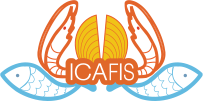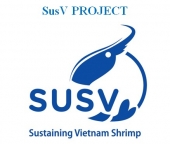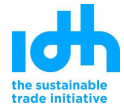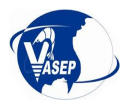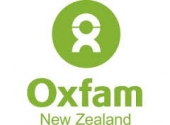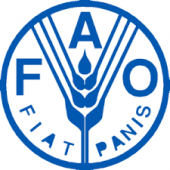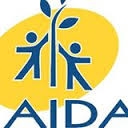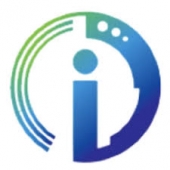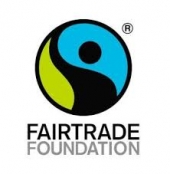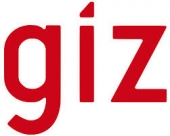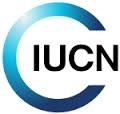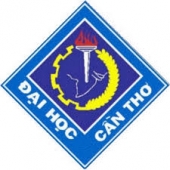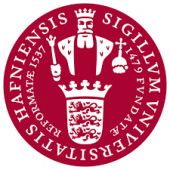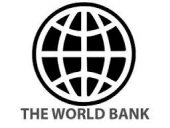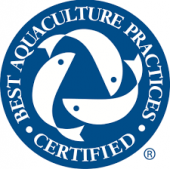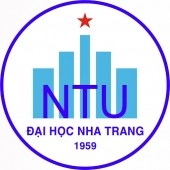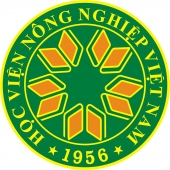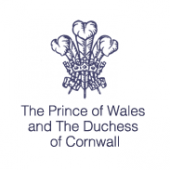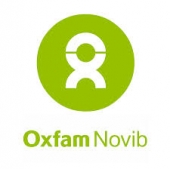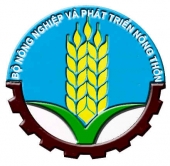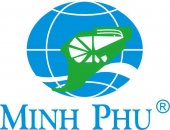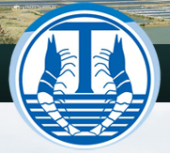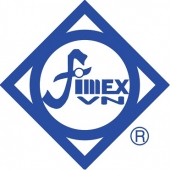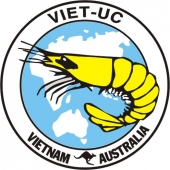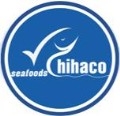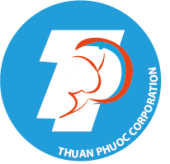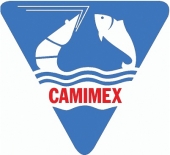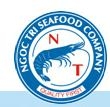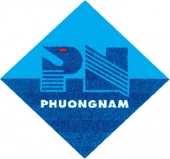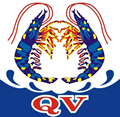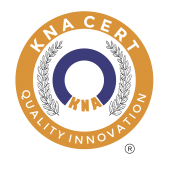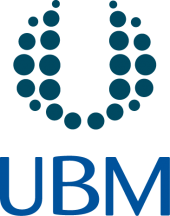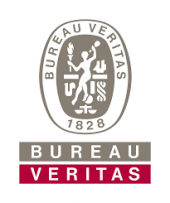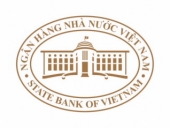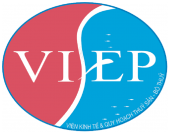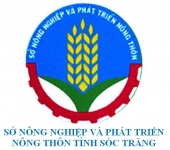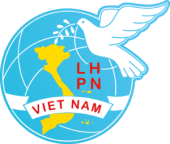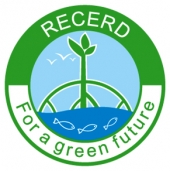Co-management is arguably the best way forward for near-coast capture fisheries. That is why Ngo Tien Chuong, Vice-Director of the ICAFIS Technical Unit accepted a consultancy to promote co-management as part of the DANIDA-funded Fisheries Sector Programme Support phase II (FSPS II) efforts
These activities are focused primarily on strengthening the capacity of local fisherfolk groups and associations, relevant stakeholders and local government officers in co-managing fisheries resources; scouting for alternative livelihood options for fishers and their household members; allocating fishing rights under a co-management fishery regime. Following a first visit to An Giang and Ben Tre provinces on 8-16 July to assist the development of co-management fisheries pilot models, Mr Chuong returned to two provinces from 26 September to 1 October 2010
In An Giang province, a meeting with Bung Binh Thien Fishery Co-management Association was conducted to facilitate the implementation of the seven identified livelihood options, and to build capacity and raise awareness of the Association and local communities. Mr Chuong also made a presentation on co-management concepts, legal issues and stakeholder analysis during a workshop organized in An Phu district to share experience with the members of the provincial Co-management Steering Committee. The workshop also provided the venue to discuss about legal framework issues and fishing right allocation in a fishery co-management regime.
A very productive co-management workshop was held in Ben Tre province, chaired by the Vice Chairman of the Provincial People Committee, who is also the Head of the Co-management Steering Committee. Participants included representatives from relevant government departments, other local authorities and from the fishery sectors in the province.
The main objective was to develop a provincial co-management legal framework in order to facilitate the allocation of fishing rights to local fisher organizations.

A meeting was also organized in Thanh Hai commune with the participation of the Thanh Phong Clam Cooperative, the Mangrove Management Unit, local authorities and other stakeholders to get additional input for structuring the co-managed clam fishery model in Ben Tre. The latter puts the fishing clam cooperative at the core of the co-management setting in order to achieve a sustainable fishery. The clam industry in Ben Tre is worldwide known for being certified by the Marine Stewardship Council (MSC) which indicates that the fishery operates in an environmentally responsible way and does not contribute to the global environmental problem of overfishing. Finally, the meetings with two Ben Tre Department of Agriculture and Rural Development (DARD) staff pointed out that one of the fundamental needs now is to develop a legal framework for implementing co-managed fisheries, while at the same time efforts should be put in diversifying alternatives livelihood for fishery resource users and other dependent people.
The consultations with Ben Tre stakeholders revealed that co-management and certification can be very profitable! Figures from 2009 show that the MSC clam fishery in Ben Tre earned 130 billion VND (about 6.7 million USD) and provided jobs for over half million people in the province thus contributing significantly to poverty reduction! That is why ICAFIS will continue promoting co-management arrangements.
